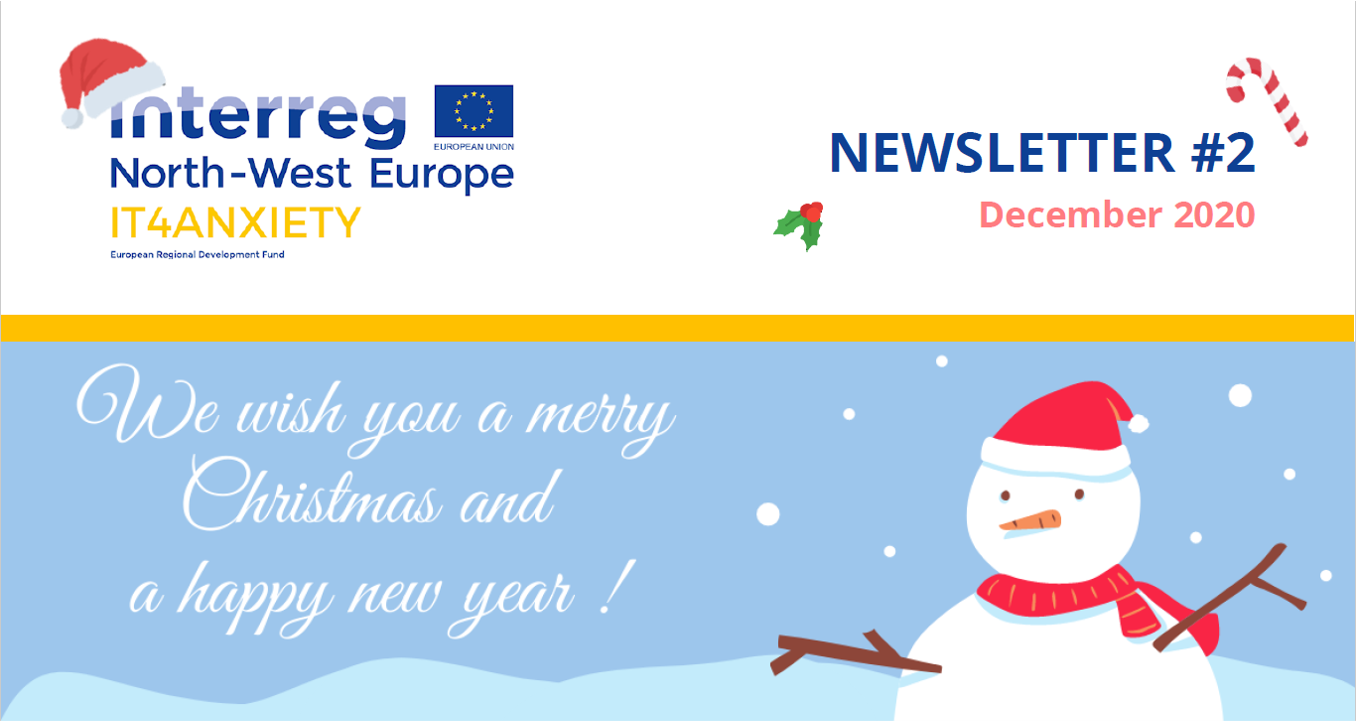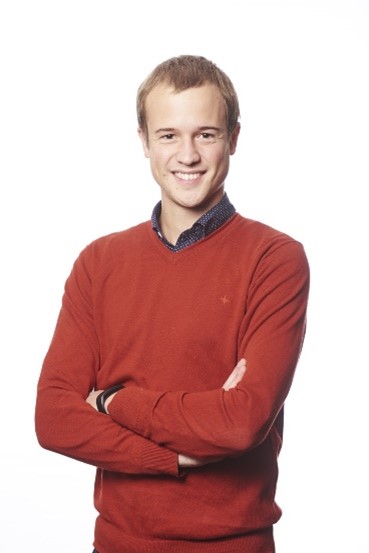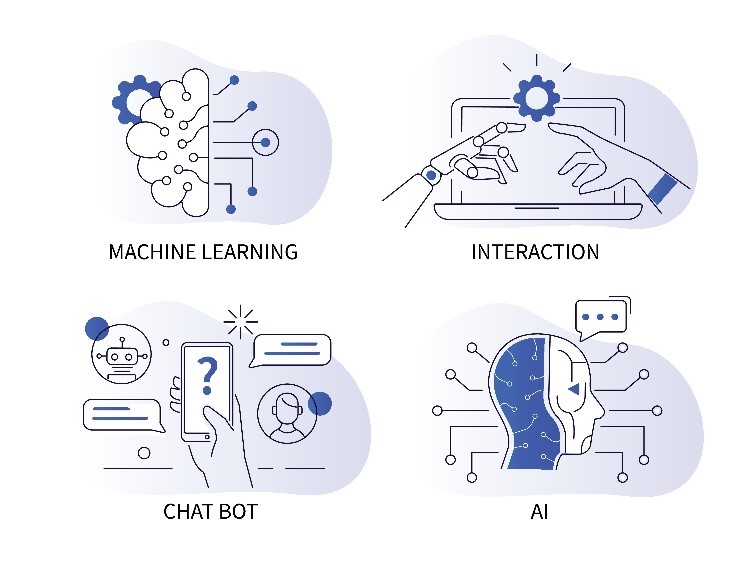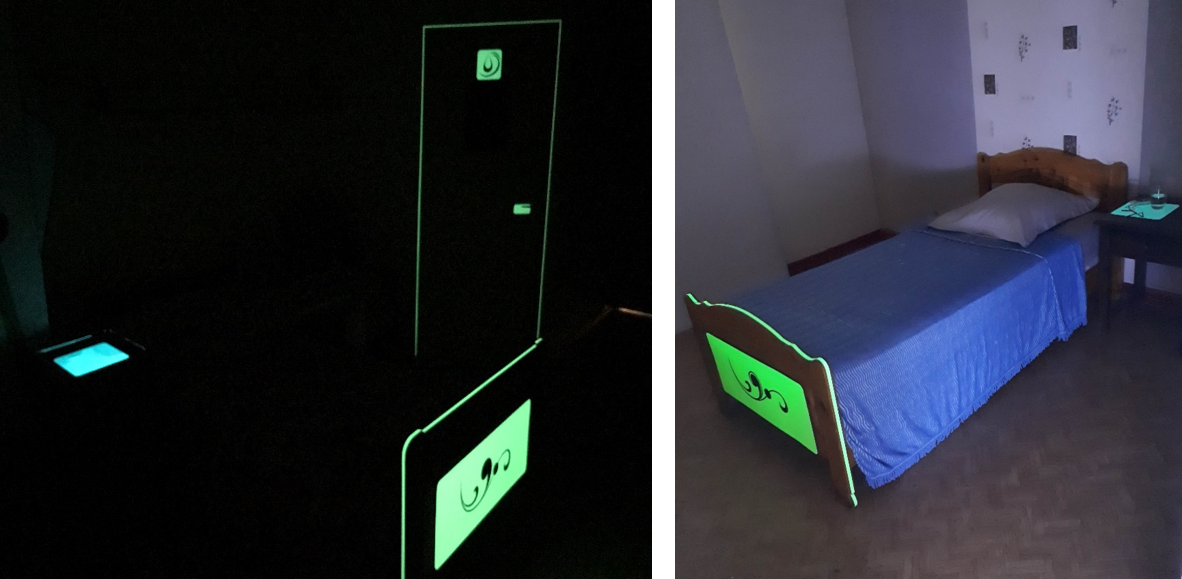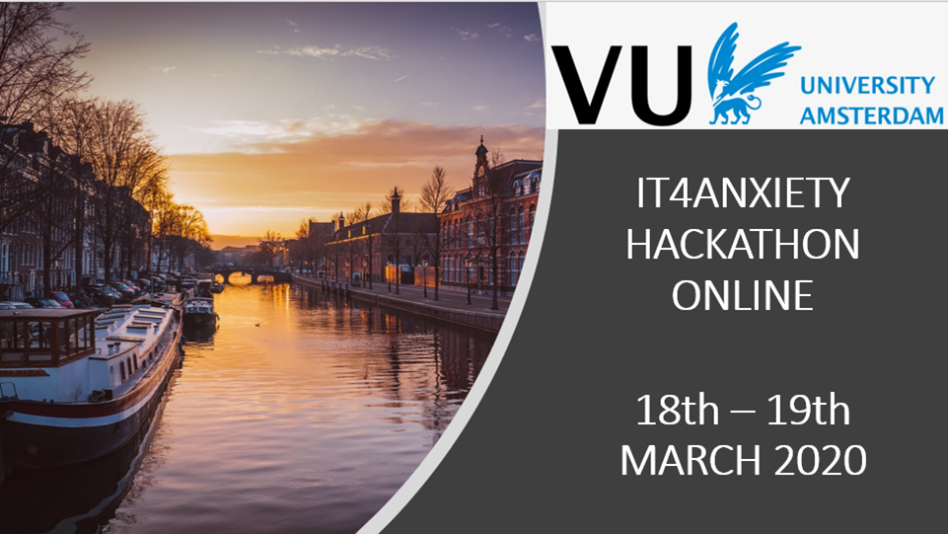Advantages of Blended Therapies in Mental Health
IT4Anxiety is attempting to address needs of patients with anxiety disorders by understanding how technology can be adopted as an add-on to face-to-face therapy, internet-based psychotherapy or as a component of blended therapy. However, what is this blended therapy, what are its advantages and why is it so important to focus our attention on this approach?
Blended therapy (BT) for mental disorders provides a new, distinct format, which combines face-to-face therapeutic sessions and digital components into one integrated standardised treatment proto-col. Such components may involve internet- and/or mobile-based elements or, more recently, videoconferencing. As such, it provides an alternative to other formats of psychotherapy introducing online sessions to the protocol: guided treatment, where clients receive regular feedback and sup-port by therapists or trained volunteers, or unguided therapy, where such feedback is not provided. The aim of blended therapy is to achieve the best clinical benefit for patients while making an optimal use of time and expertise of therapists. The application of the digital component can be sequential, allowing for bridging the waiting time before face-to-face therapy or for follow-up care, or helps to integrate the overall therapy content by reminding or reinforcing it between face-to-face sessions. Few studies have yet been conducted but results are promising both in terms of clinical and cost-effectiveness.
First of all, blended therapy creates the opportunity to reduce the current treatment gap. Patients referred to a mental health care specialist often encounter long waiting lists due to limited time re-sources of psychotherapists. Blended therapy may lower the workload required to treat one patient placed on the psychotherapist by delegating part of their tasks to web- or mobile-based platforms. Psychoeducation, for example, can be accessed online, while face-to-face sessions may be used for more cooperative content of psychotherapy or for any explanation needed from the side of the therapist. This treatment-element outsourcing may then create more time for treatment of other patients, or simply contribute to lessening of the pressure placed on psychotherapists.
At the same time, the personal contact with the psychotherapist is preserved. Thus, BT is often more acceptable to patients who need a different approach than a pure internet-based intervention, such as individuals who prefer personal contact, although they are open to a transfer of a portion of the therapy content online. BT also shows increased treatment adherence rates in comparison to guided internet-based interventions (i.e., interventions delivered solely through internet with regular feedback from a therapist or a trained e-coach) and potentially also face-to-face cognitive behavioural therapy. Moreover, thanks to the increased contact with the psychotherapist in comparison to the former, BT offers more room for personalisation of the content of the online sessions.
Inclusion of the online sessions between the face-to-face ones also allows for a full exploitation of what technology has to offer. Using their computer, smartphone or wearables, the patient can monitor their emotion and behaviour by real-time or close-to-real-time means. These can include, for in-stance, ecologically momentary assessment or regular administration of questionnaires. BT is also very convenient for both psychotherapists as well as patients due to its far-reaching coverage, not necessarily dependent on time of the day or the location where the interaction with the online platform takes place. Patients can thus complete the online sessions at their own pace, whenever and wherever it is comfortable for them. Therapists, on the other hand, can provide their feedback when it suits them, as long as they follow the pre-agreed time frame in which the face-to-face sessions and feedback to the online component should take place. This creates an opportunity for individuals for whom it is complicated to attend every session in person, such as inhabitants of rural areas, pa-tients with increased workload, with irregular or unusual working hours. Last not but least, the treat-ment structure, and both the therapist’s and patient’s compliance with this structure, is also support-ed by the online component.
All in all, there is a wide range of advantages BT has to offer and its potential to become embedded in routine mental health care services or primary care is high. It would be unfortunate to become disheartened by potential obstacles to its implementation, such as technical problems, cost of acquisition of digital products or limited internet access. Therefore, to support its implementation into routine care, thorough research into BT is warranted. IT4Anxiety creates an important step for this endeavour.
Authors (from left to right on the pictures below): Marketa Cihavora, Khadicha Amarti, Christiaan Vis and Heleen Riper (VU Amsterdam)

